An off-shore demonstration with game-changing implications for the future of perpetual clean energy, conducted from May 25 through 28 by OceanBased Perpetual Energy, LLC in collaboration with the Southeast National Marine Renewable Energy Center (SNMREC) at Florida Atlantic University (FAU), has demonstrated that clean, renewable perpetual energy can be derived by harnessing the perpetual Gulf Stream current off the coast of South Florida.
While various hydrokinetic projects worldwide focus on tidal or wave-based sources, the successful OceanBased demonstration is the first ever to yield energy from the powerful Gulf Stream for a continuous 24 hours using only the water’s perpetual flow. The findings bode well for future development of commercial applications to harness and distribute the Gulf Stream’s energy in Florida.
After a month-long postponement related to COVID-19, the team fielded three distinct types of ocean current energy converters (OCECs), which are turbines configured for hydrokinetic use. The OCECs were submerged in the Gulf Stream current approximately 20 miles offshore between Broward and Palm Beach counties, where the powerful water’s velocity typically ranges from 3.5 to 5.5 miles per hour (3 to 5 knots) without interruption.
The team of 12 included scientists, researchers, engineers, videographers, photographers and crew aboard the Go America, a 150-foot research vessel.
“This historic demonstration shows the world that the Gulf Stream can produce clean, renewable perpetual power on a 24-hour-a-day basis using a variety of turbine concepts,” said OceanBased Chairman Nasser Alshemaimry. “It is the starting point for commercializing ocean current energy in the Gulf Stream, thus reducing fossil fuel dependency and benefiting our climate and the planet for generations to come.”
A Promising Future
OceanBased engineers mapped out how a seabed-based power substation would receive incoming electricity from the powerful Gulf Stream current flowing through the OCECs. The electricity generated would then be transmitted through a relay substation connected by a seabed cable running 15 to 20 miles back to the seashore. On land, an additional substation would connect to the national electricity grid or be tapped for other viable uses, such as powering hydrogen fuel plants, blockchain mining or server and data storage centers.
OceanBased formed its strategic partnership with FAU’s SNMREC in 2019 to advance the company’s hydrokinetic research into responsible marine-based power generation. SNMREC is one of three centers designated by the U.S. Department of Energy to assist companies with the responsible development of marine renewables.
“Population growth and public desire to reduce dependence on fossil fuels and nuclear energy will continue to strengthen demand for responsible alternatives,” Alshemaimry added. “Especially in Florida, where population continues to grow by 1,000 people per day, there is a clear need to invest in clean ocean energy technology.”

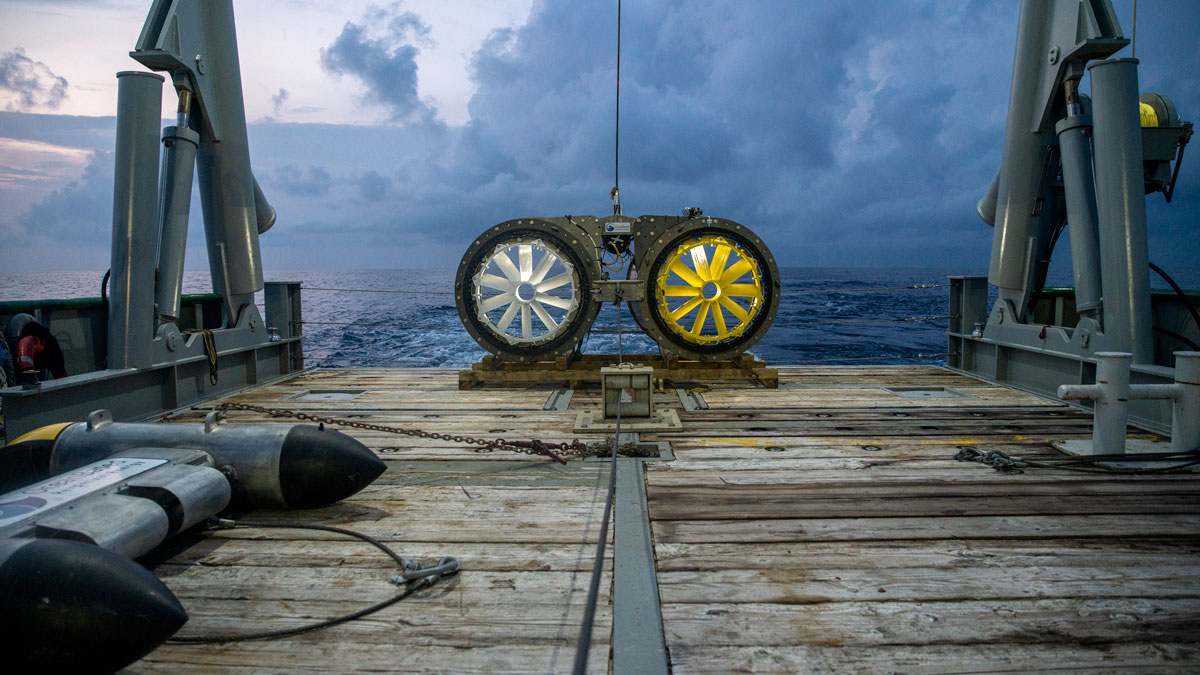
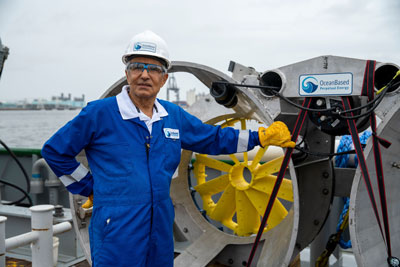
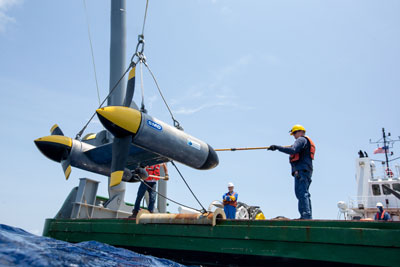
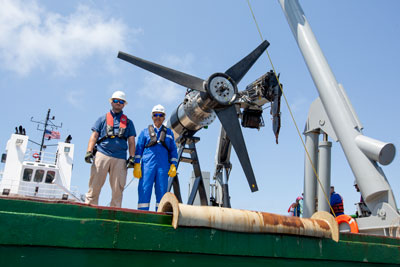
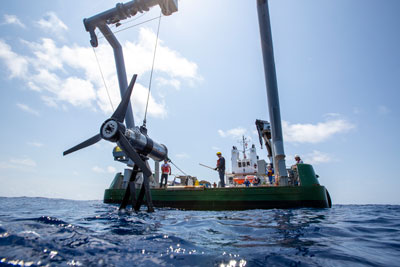
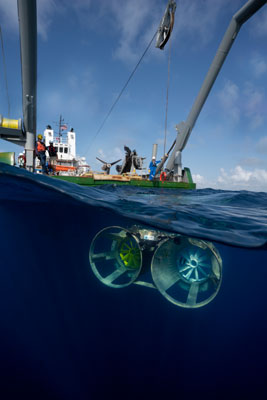
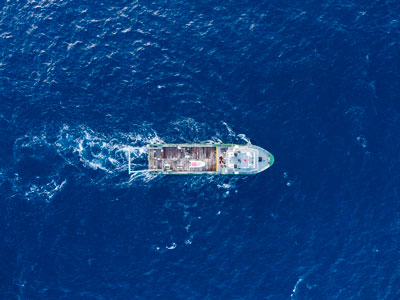
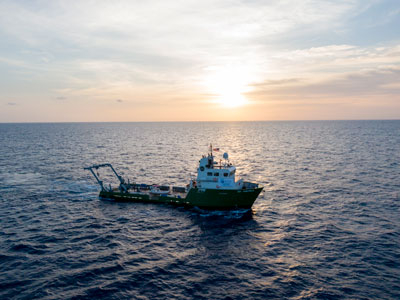
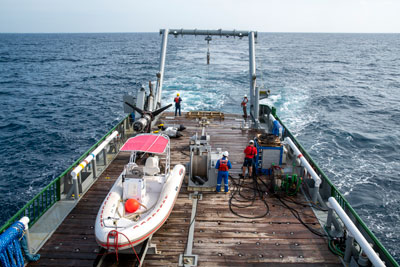
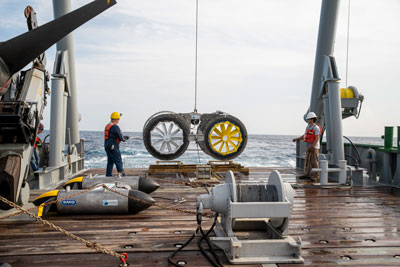
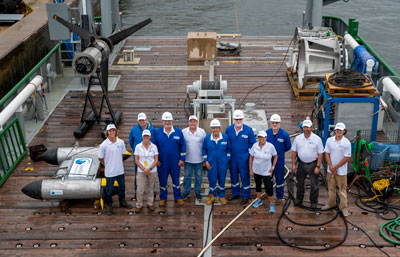


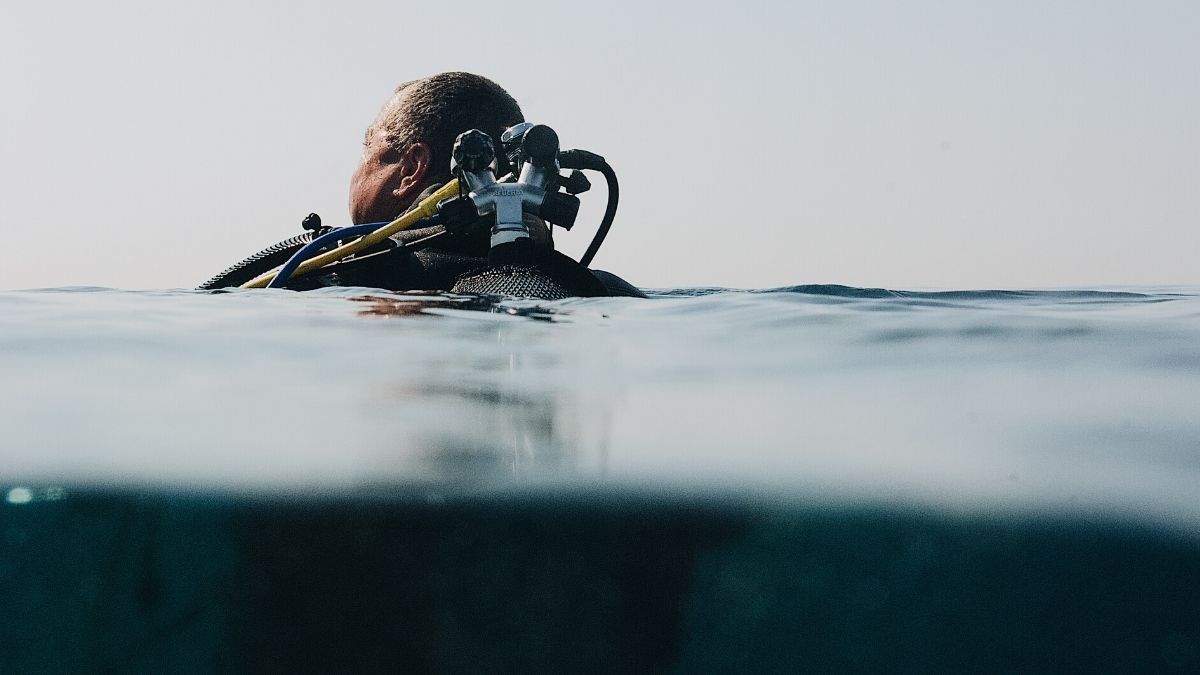






 Deering Estate
Deering Estate
 Massage Envy South Miami
Massage Envy South Miami
 Calla Blow Dry
Calla Blow Dry
 My Derma Clinic
My Derma Clinic
 Sushi Maki
Sushi Maki
 Sports Grill
Sports Grill
 The Healthy Kitchen
The Healthy Kitchen
 Golden Rule Seafood
Golden Rule Seafood
 Malanga Cuban Café
Malanga Cuban Café

 Kathleen Ballard
Kathleen Ballard
 Panter, Panter & Sampedro
Panter, Panter & Sampedro
 Vintage Liquors
Vintage Liquors
 The Dog from Ipanema
The Dog from Ipanema
 Rubinstein Family Chiropractic
Rubinstein Family Chiropractic
 Your Pet’s Best
Your Pet’s Best
 Indigo Republic
Indigo Republic




 ATR Luxury Homes
ATR Luxury Homes


 2112 Design Studio
2112 Design Studio
 Hamilton Fox & Company
Hamilton Fox & Company
 Creative Design Services
Creative Design Services
 Best Pest Professionals
Best Pest Professionals
 HD Tree Services
HD Tree Services
 Trinity Air Conditioning Company
Trinity Air Conditioning Company
 Cisca Construction & Development
Cisca Construction & Development
 Mosquito Joe
Mosquito Joe
 Cutler Bay Solar Solutions
Cutler Bay Solar Solutions


 Miami Royal Ballet & Dance
Miami Royal Ballet & Dance
 Christopher Columbus
Christopher Columbus
 Pineview Preschools
Pineview Preschools
 Westminster
Westminster
 Carrollton
Carrollton
 Lil’ Jungle
Lil’ Jungle
 Frost Science Museum
Frost Science Museum
 Palmer Trinity School
Palmer Trinity School
 South Florida Music
South Florida Music
 Pinecrest Orthodontics
Pinecrest Orthodontics
 Dr. Bob Pediatric Dentist
Dr. Bob Pediatric Dentist
 d.pediatrics
d.pediatrics
 South Miami Women’s Health
South Miami Women’s Health

 The Spot Barbershop
The Spot Barbershop
 My Derma Clinic
My Derma Clinic




 Miami Dance Project
Miami Dance Project

 Rubinstein Family Chiropractic
Rubinstein Family Chiropractic
 Indigo Republic
Indigo Republic

 Safes Universe
Safes Universe
 Vintage Liquors
Vintage Liquors
 Evenings Delight
Evenings Delight





 Atchana’s Homegrown Thai
Atchana’s Homegrown Thai
 Baptist Health South Florida
Baptist Health South Florida

 Laser Eye Center of Miami
Laser Eye Center of Miami
 Visiting Angels
Visiting Angels
 OpusCare of South Florida
OpusCare of South Florida

 Your Pet’s Best
Your Pet’s Best





 HD Tree Services
HD Tree Services
 Hamilton Fox & Company
Hamilton Fox & Company


 Creative Design Services
Creative Design Services